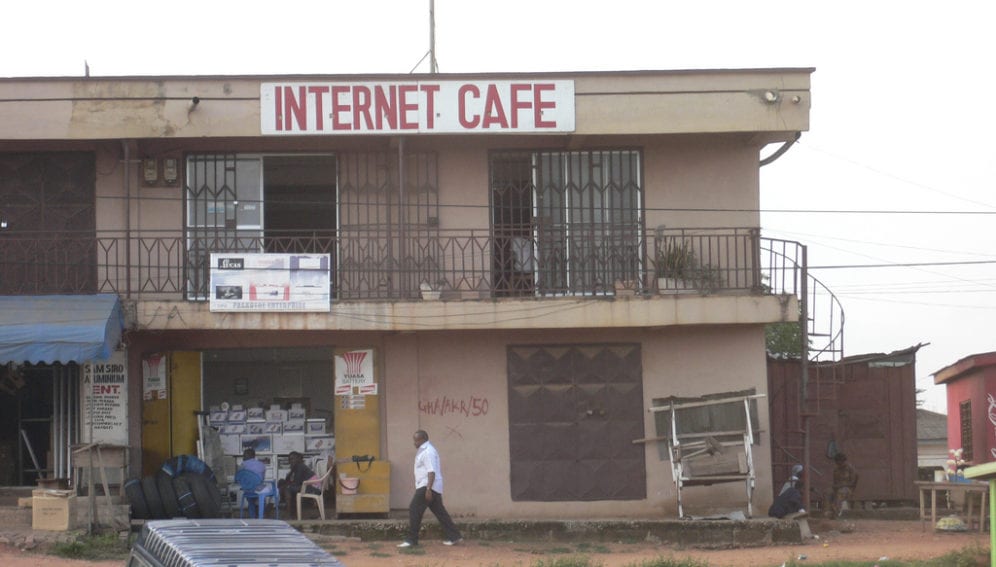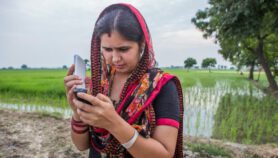By: Joshua Howgego
Send to a friend
The details you provide on this page will not be used to send unsolicited email, and will not be sold to a 3rd party. See privacy policy.
[LONDON] The concept of open data is a simple and attractive one: the information that governments amass as they go about their business should be available for citizens to pour over, helping them solve problems — and hold politicians to account.
But are the governments doing a good job of this and do citizens actually care? These are some of the issues discussed at this week's Open Government Partnership (OGP) summit in London, United Kingdom, where a new working group on open data was launched yesterday. The group is tasked with assisting the creation and implementation of more ambitious open government commitments as part of OGP national action plans.
A report, Open Data Barometer, launched ahead of the summit by Sir Tim Berners-Lee, the inventor of the World Wide Web and founder of the Open Data Institute and the World Wide Web Foundation, which co-produced the report, offers us some insight.
It looks at 77 developed and developing countries, measuring the availability, use and impact of government data.
It sourced opinions from open data experts and also incorporated pre-existing reviews to rank countries based on their readiness to capitalise on open data.
Although developed countries topped the list, Kenya — the top-ranked developing nation at position 21 — placed ahead of countries such as Belgium and Ireland.
The report says Kenya benefits from Nairobi’s “vibrant technology scene” and that much effort has gone into building the capacity of citizens — notably local journalists — to access and use data. Though, clearly, there is some way to go, since at most only 14 per cent of the population has heard of or accessed the country’s national data portal.
One problem the panel at the launch highlighted was the lack of demand for open data among ordinary people — especially in developing nations.
“The working group is incredibly important for creating a mentoring environment.”
Beth Noveck,
Governance Lab
Kwaku Ofosu-Adarkwa, chief director at Ghana’s ministry of communications, said: “Almost our whole country has been blanketed with broadband — we’ve made that a universal policy”. Yet he added that infrastructure on its own is not enough to ensure the promised benefits of open data are realised.
“We want to make sure people know what we’re talking about when we speak of ‘open data’,” he said. “And we need to build a community that is receptive to it.”
Beth Noveck, founder of the Governance Lab and a visiting professor at New York University, said that up until now the focus of open government movements has simply been “to get any data out there”. There should now be a shift to thinking about what data will be “most useful in helping citizens solve problems”, she added.
Her organisation has recently launched a website, the GovLab Academy, designed to provide training on and information about how citizens can capitalise on government data.
“I think the working group is incredibly important for creating a mentoring environment,” she said, suggesting that the tools on her NGO’s website could be scaled up and made available to citizens of less developed countries, too.
Link to full Open Data Barometer report
See below for a video of the open data session at the summit:














